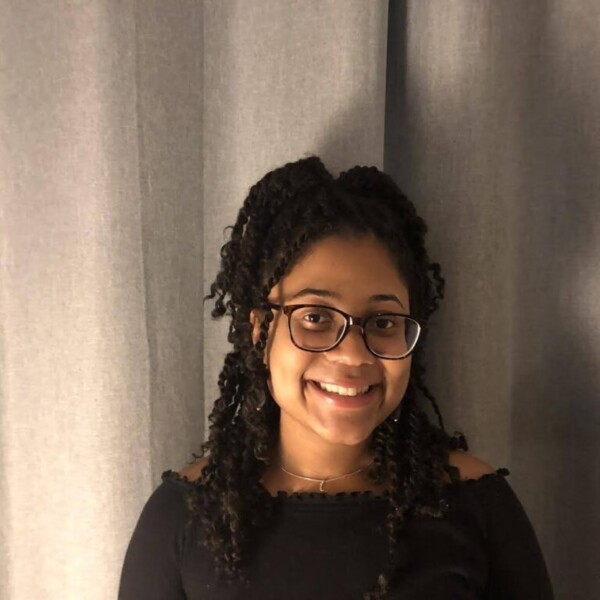
Janielle Maxwell recently concluded her position as coordinator of CWCF’s JEDDI Business Conversion Project. Funded by Canada’s Investment Readiness Program, the project was a continuation of the work done by the Waterloo Institute for Social Innovation & Resiliency’s Legacy Leadership Lab (L3). The L3 project focused on raising awareness around social acquisitions to combat Canada’s business closure dilemma, challenges brought about by COVID-19, and issues of social justice.
The opportunity the JEDDI Business Conversions Project offered to work with members of equity-denied groups was a key source of its appeal for Maxwell.
“I think that’s really important because there’s so much work to do on the socioeconomic and socio-cultural fronts, especially for a lot of marginalized groups and so I was really interested in the opportunity to be able to work with these individuals to better understand those different dimensions.”
Maxwell was also intrigued by the chance to learn more about co-ops. Having previous familiarity only with farm co-ops, she came away from the project with a deeper understanding of the co-op model and its roots in BIPOC communities, something she found very rewarding.
After some initial information gathering, the project’s focus shifted to awareness raising, knowledge sharing, and story-telling, much of which took place at the various webinars, workshops, and presentations CWCF hosted or participated in throughout the project. The project focused its efforts on connecting with equity-denied groups to revitalize a sense of return to the co-op and social-purpose organization models.
Even groups who were interested in business conversions sometimes lacked the resources to pursue them, which Maxwell acknowledges was a challenge. In the project’s final phase, however, she worked to support the active cases for co-op conversion the project had identified and to strengthen the social innovation and social finance ecosystem. This helped several organizations across the country in the process. The lack of awareness around the worker co-op model, she believes, demonstrates the project’s value.
“I think if you don’t know of an alternative to these capitalistic models that are more geared towards elites and those at the top of the company, because our educational system, our career pathways are so carved towards that, I think it can be really hard to find information. And to know that not only does this sector exist, but it’s a viable alternative.”
Even though the project has concluded, Maxwell is pleased with the impact it had, and believes JEDDI issues will remain a focus for CWCF in the years to come.
“We were able to create some very useful outputs through this project,” she says, “not only the more than 20 educational web pages but also the service provider database and Q & A web page for example, and I think that there’s been a certain tone and momentum set for this work in the co-op space. There’s been active planning to continue this work in terms of making sure that equity-denied groups are not just engaged but included and their voices are heard. That they’re not just in positions but in positions of power as compared to other individuals. And so I think it’s really important to ensure that as well. And I think that the CWCF will do a really great job of that moving forward.”
CWCF Executive Director Hazel Corcoran expressed her heartfelt gratitude for Maxwell’s exemplary work on the JEDDI Business Conversion. “Janielle’s commitment, attention to detail, and leadership were instrumental in the success of the project. CWCF will continue its commitment to JEDDI work, and we look forward to witnessing Janielle’s continued success in her future endeavours.”